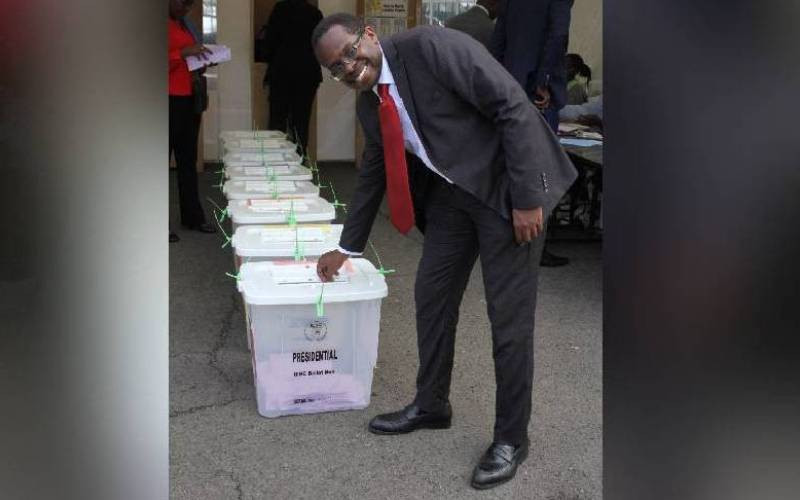Police officers are perceived as the most corrupt public servants in Kenya, according to the 2024 National Ethics and Corruption Survey by the Ethics and Anti-Corruption Commission (EACC).
The report, released today, shows 48.2 per cent of Kenyans identified police officers as the most corrupt among state professionals and agencies, an indictment reinforced by widespread reports of bribery during interactions with law enforcement.
“An analysis of bribe receivers by profession revealed that police officers (29.9 per cent), National Registration Bureau (19.7 per cent), medical officers (9.53 per cent), officials from land registry (7.4 per cent), and immigration officers were the most bribe receivers,” the report reveals.
The findings also highlight a broader erosion of trust in public institutions.
Police officers led in public complaints at 27.6 per cent, followed by Kenya Revenue Authority officials at 17.3 per cent. Other professions frequently cited include chiefs, county inspectorate officers, lawyers, county revenue officers, and land surveyors.
Corruption was reported across national and county governments, with service delivery in key sectors hampered by unethical practices.
Most corrupt ministries
The Ministry of Interior was perceived as the most corrupt government ministry, cited by 47.8 per cent of respondents.
It was followed by the Health Ministry at 19.7 per cent, where respondents claimed bribes were demanded for access to services such as registration for the Social Health Insurance Fund (SHIF).
Other ministries flagged include the National Treasury (Pensions Department) at six percent, the Ministry of Lands, Public Works, Housing and Urban Development at 4.7 per cent, and Education ministry at 4.1 percent.
Respondents also reported near-certain demands for bribes in several offices, including the Teachers Service Commission, Ministry of Labour and Social Protection, and departments under Assistant County Commissioners, County Administration, Education, Public Works, and Transport, all recording a 100 per cent likelihood of bribe solicitation during service delivery.
Despite growing awareness of anti-corruption efforts, most Kenyans who admitted to paying bribes said they believed doing so improved their chances of receiving services.
The Kenya Wildlife Service was singled out for the largest share of bribes at 35.7 per cent, followed by the National Social Security Fund (NSSF) at 8.42 per cent, and the Pension Department at the National Treasury at 7.15 per cent.
At the county level, corruption was reported to be most prevalent in Uasin Gishu (11.1 per cent), Baringo (6.94 per cent, Embu (5.54 per cent, Homa Bay (5.3 per cent), and Bomet (5.01 per cent).
Stay informed. Subscribe to our newsletter























